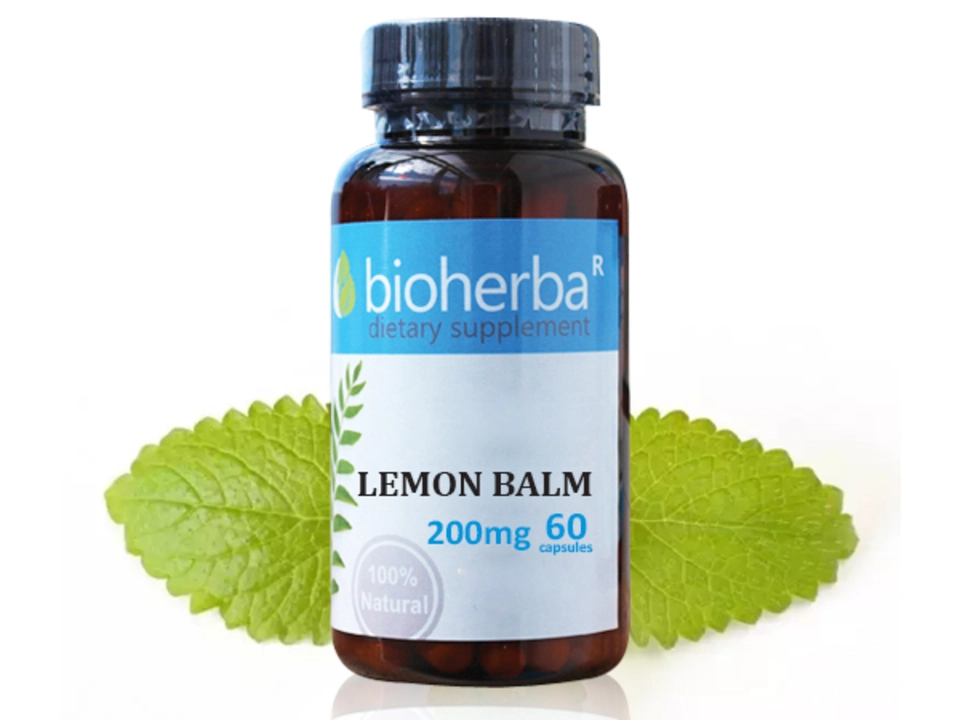Better Focus: Practical Ways to Improve Concentration Fast
Can you get more done by changing a few daily habits? Yes. Small, specific changes to sleep, environment, and routine often deliver bigger gains than magic pills. This page gives clear, usable steps you can start today to boost attention and stay on task.
Quick daily habits that boost focus
Sleep first. Aim for consistent bed and wake times. Poor or variable sleep wrecks concentration the next day. If you struggle to fall asleep, cut screens an hour before bed and keep your bedroom cool and dark.
Break tasks into short sessions. Try 25–50 minute work blocks with 5–10 minute breaks (Pomodoro-style). Your brain refocuses better after a brief break than after a long stretch of forced concentration.
Single-task. Turn off notifications, close unused tabs, and work on one thing at a time. Multitasking feels efficient but it fragments attention and slows real progress.
Design your space for focus. Clear the immediate desk area, use natural light when possible, and move distracting items (phone, paperwork) out of sight. If background noise is a problem, try noise-cancelling headphones or soft instrumental music.
Fuel body and brain. Eat regular meals with protein and healthy fats to avoid energy crashes. Stay hydrated—mild dehydration reduces alertness. Short walks and light exercise during breaks improve blood flow to the brain and sharpen thinking.
Supplements and meds: what to know
Some supplements can help when used responsibly. Citicoline is one supplement covered on this site and is known to support attention and memory for some people. If you're curious, read the citicoline article to learn how it works and what doses were used in studies.
Omega-3s, caffeine, and L-theanine are other options people try. Caffeine improves alertness but watch the timing and dose—late-day caffeine harms sleep. Pairing caffeine with L-theanine often smooths jitteriness.
Prescription options like stimulants or wakefulness agents exist for diagnosed conditions (ADHD, narcolepsy). Don’t self-prescribe. Talk to a clinician before starting any prescription medicine and ask about side effects and interactions.
Check quality when buying supplements or meds online. Look for third-party testing and reputable sellers. Our site has guides on buying safely online if you need pointers.
Track what works. Try one change at a time for at least a week. Keep a short log: hours slept, key habits you tried, focus level on a scale of 1–10. Small measurable wins help you stick to the routines that actually work.
If focus problems are severe, sudden, or come with mood shifts or memory loss, see a doctor. Medical issues like thyroid problems, sleep apnea, depression, or medication side effects can cause concentration problems—and they’re treatable.
Try these steps in this order: sleep and hydration, environment and single-tasking, short work blocks, then supplements or medical advice. Stick with one or two changes for a few weeks, and you’ll notice clearer thinking without drastic measures.
 12 May 2023
12 May 2023
I recently discovered lemon balm, a natural dietary supplement that has been a game changer for my focus and mental clarity. This amazing herb not only helps reduce stress and anxiety, but also improves cognitive function and memory. I've started incorporating it into my daily routine and have noticed a significant difference in my ability to concentrate and stay sharp throughout the day. If you're looking for a natural way to boost your mental performance, I highly recommend giving lemon balm a try. You might be surprised by the results!
View More

